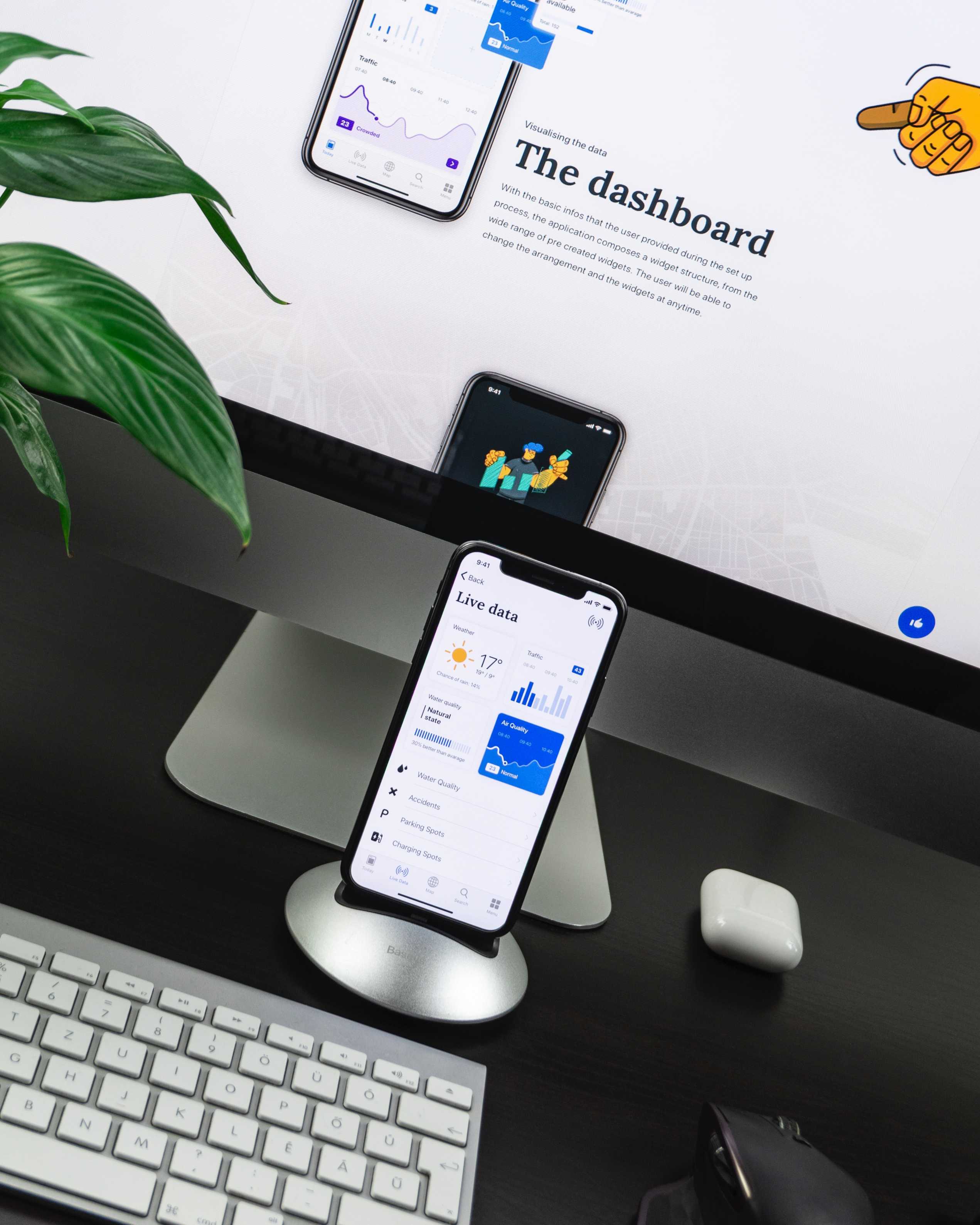PWA impact on business

How PWA help our client make his business operations 3 times faster
Problem statement
One of our clients had an automation problem where he was collecting data via google forms with the help of a few employees he had. Eventually, as the operation of data collection grew Google forms became a major hurled in streamlining the process. As one needs to clean, validate and verify data that goes into such an important system, minute control is unavailable with google forms. So the client's requirement was clear they need an app that can be handed over to their employees to collect data. Also, they will need a real-time dashboard to analyze and monitor the data in the system and also some ETL based functionality.
Analysis
We had a bunch of options to choose from as our tech stack, for the backend we had Django, Node/Express, and for the mobile applications we had Flutter, Ionic, and React Native. Initial idea was to go with Flutter as we had already a few apps developed with it and that experience would help us make this project a success. Also being exposed to flutter via the previous projects we knew what pain points we need to face ahead also time is a major constraint for the project Because the client cannot cease operation until the complete app is built
Contrary to our initial assumption we took a bet and finalize our tech stack as
- PWA + Angular as Mobile and Desktop app
- Django as Backend
- PSQL as DB
What is PWA?
A progressive web application is a type of application software delivered through the web, built using common web technologies including HTML, CSS, and JavaScript. It is intended to work on any platform that uses a standards-compliant browser, including both desktop and mobile devices. ~ Wikipedia
Benefits of PWA
- Reduce system development time by 3X
- Reduce cost as the same codebase used for Desktop, Android, and IOS
- Predictable future releases across all platforms
- More future proof because the technologies are based on open web standards
Solution
We built a PWA which is installable and accessible via the web across multiple platforms. The Angular app the core of PWA has a built-in validation mechanism that saves a lot of time during manual data entry. Also, the solution has offline capabilities.
Features
- Realtime dashboard
- Desktop-based as well as mobile based
- Easy UI/UX for ETL
Conclusion
Although PWA has some limitations unlike any other technology it can bring a true change we think about complex mobile-first design.